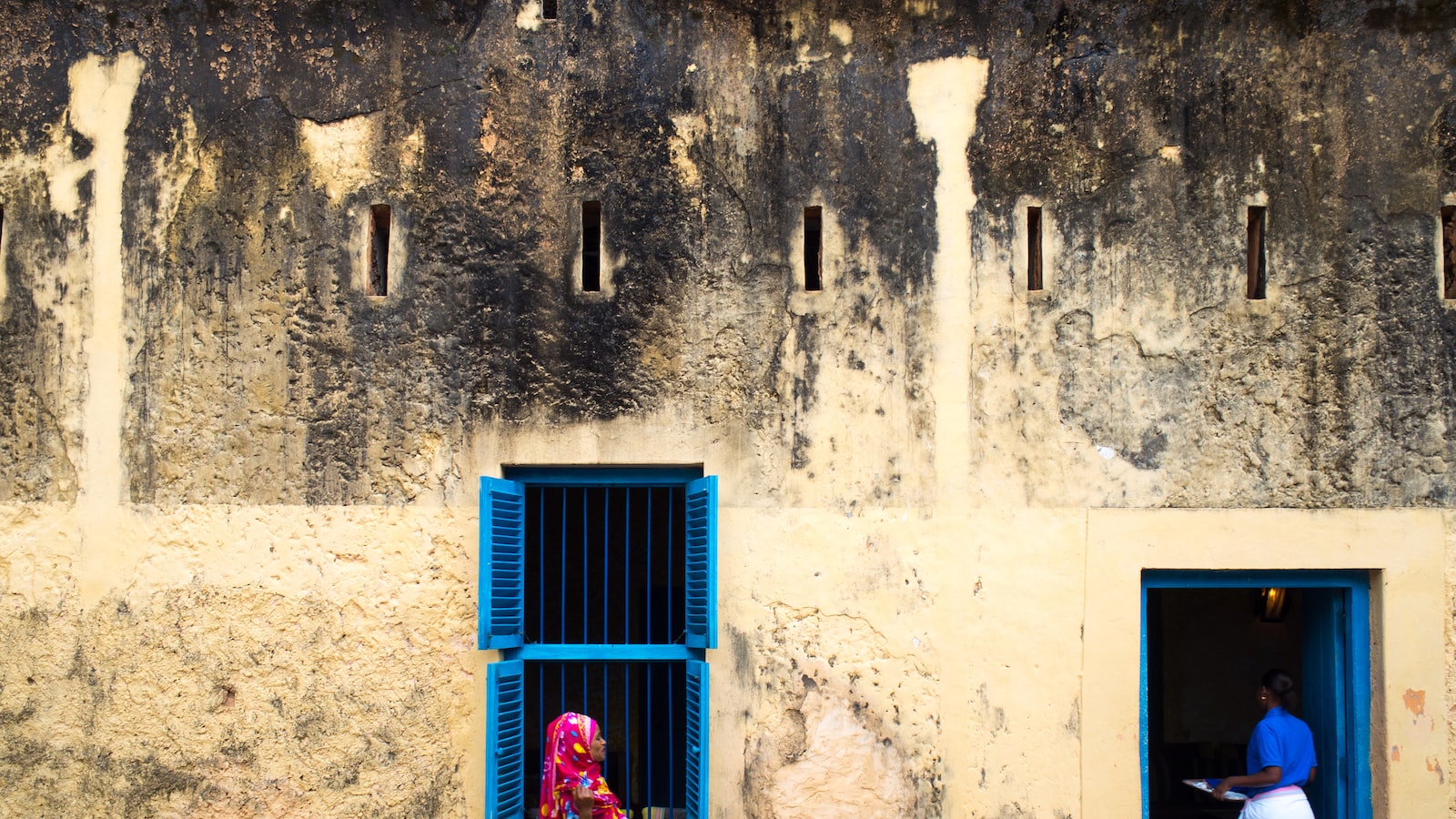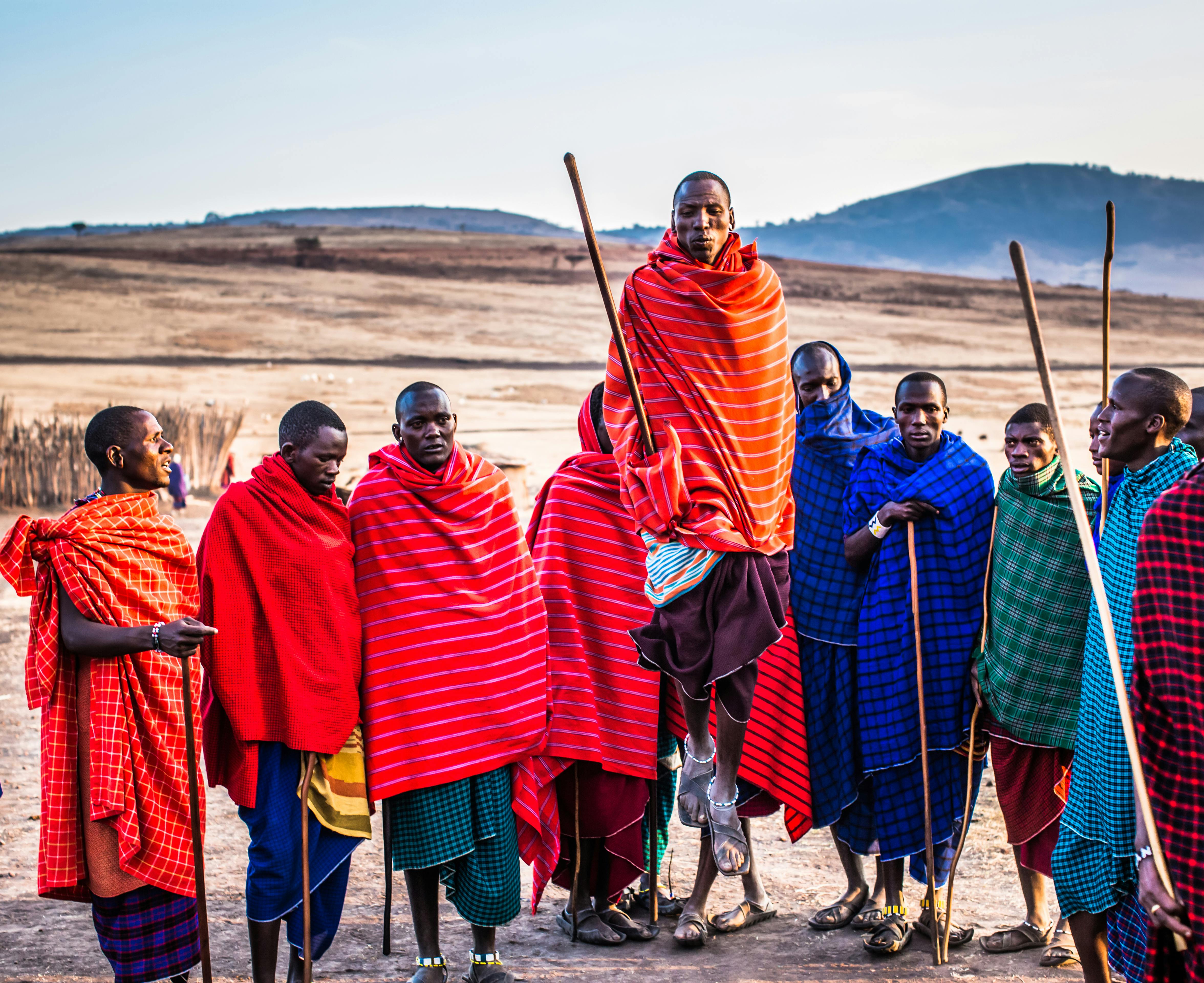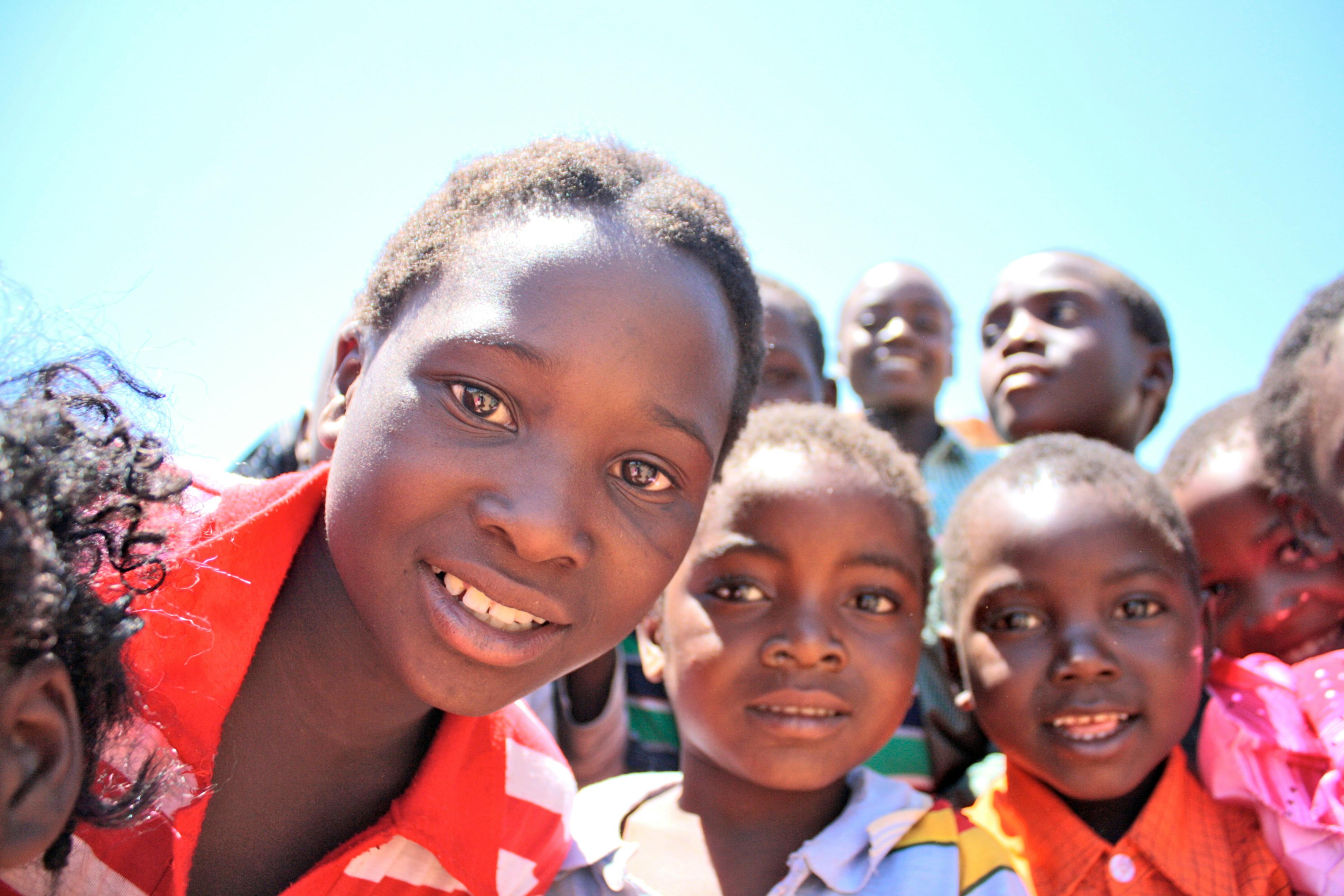What To Wear In Africa

Choosing the Right Clothing for an African Safari
When planning a trip to an African safari, it’s important to choose the right clothing. The right clothing can make your experience more comfortable and enjoyable. To help you prepare for your adventure, here are some tips on what type of clothing to bring on an African safari:
Choose light, breathable fabrics. Natural fibers like cotton and linen are ideal for keeping you cool in hot climates. Avoid synthetic fabrics such as polyester and nylon, which can trap heat and make you sweat more. In addition, avoid wearing bright colors or patterns that can attract insects.
Pack layers of clothing so that you can adjust as needed throughout the day. A lightweight long-sleeved shirt and pants are ideal for the early morning game drives or when exploring the bush during the day. Bring a warm jacket for chilly evenings or when it rains. Also consider bringing a hat or head wrap to protect your face from the sun and wind.
Closed-toed shoes such as sneakers or hiking boots are essential for safaris as they provide protection from thorns and other potential hazards of the bush. They also offer better grip on uneven terrain while walking or climbing in search of wildlife sightings. Additionally, consider packing sandals or flip flops for use around camp after sunset when animals become more active in search of food and water sources.
Finally, don’t forget to bring a few items of swimwear if you plan to take dips in rivers or pools while on safari. Remember that many camps have strict dress codes regarding swimwear so be sure to check ahead of time if this is something you plan to do during your trip!
By following these tips, you’ll be well prepared with the right clothing for your African safari adventure!
Dressing Appropriately for Different African Cultures
When travelling to different African countries, it is important to dress appropriately according to the local customs and culture. Different African cultures have different styles of dress, and some may be more conservative than others. Knowing what to wear in each country can help visitors feel more comfortable and show respect for local culture.
In some countries, such as Ghana, Nigeria, or South Africa, people may dress similarly to Westerners. However, it is important to be aware of local customs and dress modestly. For example, women should avoid wearing tight clothing or shorts that are too short. Men should also avoid wearing shorts that are too short or tight-fitting clothing. It is also important to note that religious sites often have a more conservative dress code than other places in the country.
In other countries such as Ethiopia or Somalia, there are specific styles of dress that are traditional for both men and women. Men usually wear long white cotton shirts over a white undergarment known as a jallabiya. Women usually wear long dresses with bright colors and patterns that cover their arms and legs. In Islamic countries such as Morocco or Tunisia, modest clothing must be worn at all times in public areas; this means covering up shoulders and legs for both men and women.
No matter where you travel in Africa, it is important to be respectful of local customs when it comes to dressing appropriately. Doing research before travelling can help visitors feel more comfortable navigating different cultural expectations when it comes to clothing choices.
Comfortable Travel Clothes for Africa
When packing for a trip to Africa, it’s important to choose comfortable clothing that will help you stay cool in the heat of the African sun. To stay comfortable, opt for lightweight fabrics such as cotton and linen which will help keep you cool and dry. Avoid heavy fabrics like wool which can be uncomfortable in hot weather. Also, remember to pack breathable, quick-drying items such as athletic shorts and t-shirts.
When out exploring during the day, dress in layers so that you can easily adjust your clothing depending on the temperature. A lightweight long sleeve shirt or light jacket is ideal for cooler mornings or evenings when temperatures drop. Also, don’t forget to pack a few hats or other sun protection items such as sunglasses and sunscreen to keep your skin safe from the harsh African sun.
Finally, remember to bring along a few items of smart casual clothing when traveling in Africa; this will come in handy if you find yourself at a special event or occasion requiring more formal attire. Opt for neutral colors such as beiges and browns which will pair with almost anything. Pack a few basics like khakis, collared shirts, and a nice dress or skirt. With these tips in mind, you’ll be sure to have comfortable travel clothes for your trip to Africa!

How Does Safari Attire Differ From General Clothing Choices for Africa?
Safari attire is designed for practicality and comfort, standing apart from general clothing choices. Lightweight, breathable fabrics are essential for withstanding warm weather, while neutral colors help with camouflage. Consider these essential clothing tips for an african safari to ensure you blend in with the surroundings and stay protected from the elements.
Sun Protection Clothing When Travelling in Africa
When travelling to Africa, it is important to consider the sun protection clothing you will be wearing. The sun in Africa can be particularly harsh and intense, so it is important to ensure that you have adequate protection from the sun’s harmful rays. Sunscreen and hats are essential items for any traveler in Africa, but there are also other options for protecting yourself from the sun while travelling.
The best way to protect yourself from the sun in Africa is to wear light-colored, loose-fitting clothing that covers your skin as much as possible. Wearing long sleeves and trousers or skirts made of lightweight fabrics such as linen or cotton will help to keep your skin covered while still allowing it to breathe. If you are feeling particularly hot while travelling, opt for garments made with breathable fabrics such as bamboo or hemp.
Another great option for sun protection clothing when travelling in Africa is a wide-brimmed hat or cap. This will protect your head and face from direct sunlight and help reduce the risk of sunburn. For an extra layer of protection, look for hats with a UPF (ultraviolet protection factor) rating of 50+. This will ensure that you are receiving maximum protection from the sun’s harmful UV rays.
Finally, don’t forget about sunglasses! Not only do they look stylish, but they are also essential for protecting your eyes from damaging UV rays. Look for sunglasses with UVA/UVB protection and polarized lenses if possible, as this will offer additional protection against glare and reflections off surfaces such as water or sand.
By taking these simple steps and investing in some quality sun protective clothing before you travel to Africa, you can ensure that you stay safe in the African sunshine!
Packing Lightly and Efficiently for Africa
Travelling to Africa can be a great experience, but it’s important to pack only the items you need and make sure they fit into your luggage. Packing lightly and efficiently will help make your journey more comfortable and enjoyable. Here are some tips for packing light and efficiently for your trip to Africa.
Start by making a list of the items that you absolutely need to bring. Consider the climate of your destination, the type of activities you plan on doing, and the length of your trip when making this list. Make sure to only include items that are necessary for the trip. To save space in your suitcase, try rolling up clothing instead of folding them. This will help maximize space in your luggage.
It is also important to pack versatile clothing that can be worn in different ways. Choose items that can easily be layered so you can adjust to changing temperatures throughout the day. Avoid bringing too many accessories, as they tend to take up a lot of unnecessary space in your bag. Instead, opt for basic jewelry pieces that can be styled with different outfits.
Finally, make sure to bring durable shoes that are suitable for walking long distances and exploring various terrain. Pack one pair of sandals or flip flops if you plan on going swimming or spending time on the beach. If possible, wear heavier items like jackets on the plane to save room in your suitcase.
Following these simple tips will ensure that you have everything you need for your trip without having to lug around extra baggage or spend money on shipping items back home if they don’t fit in your suitcase. Light packing doesn’t mean sacrificing style – it just means being smart about what you bring so you can enjoy a stress-free journey in Africa!

